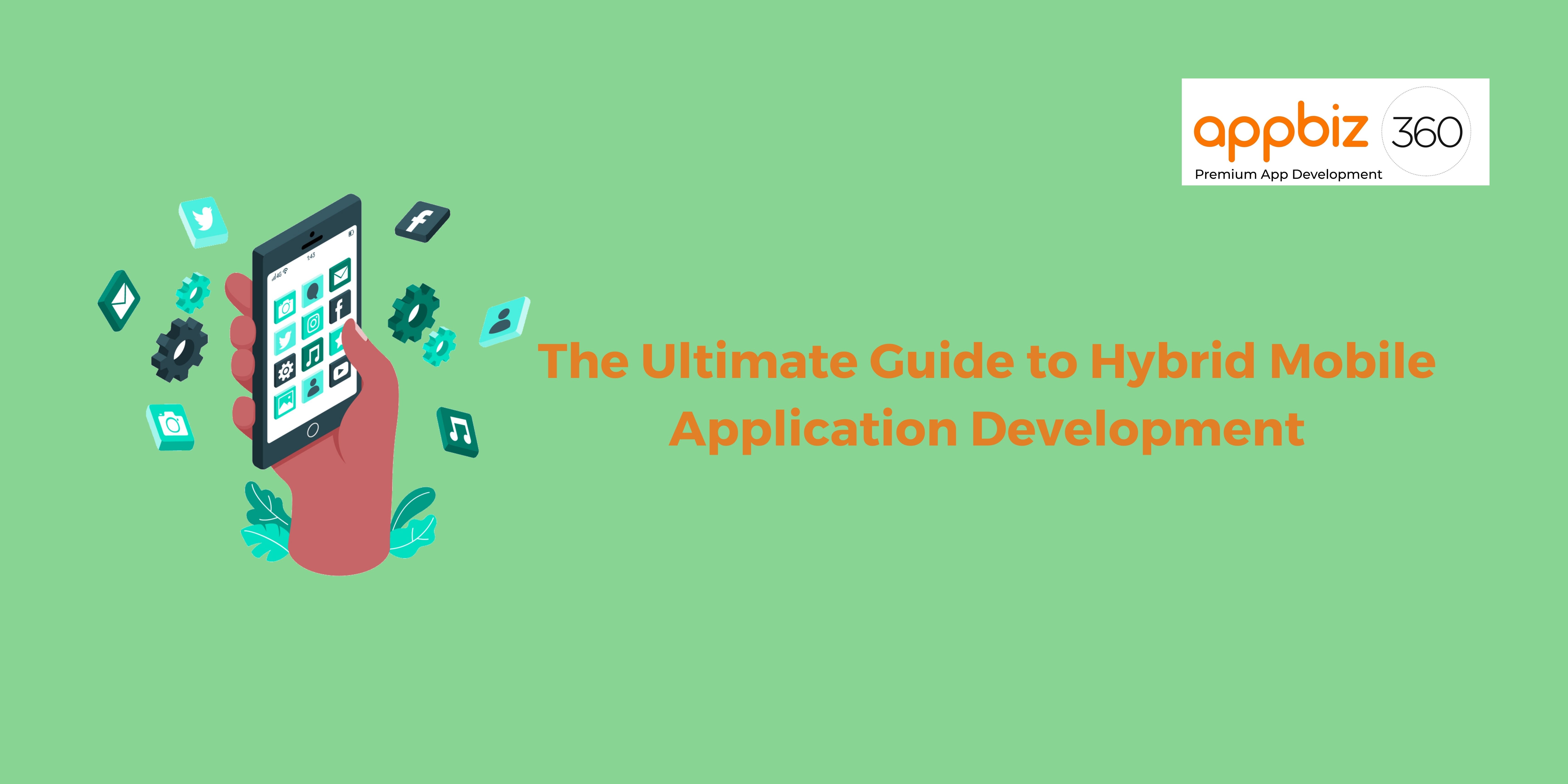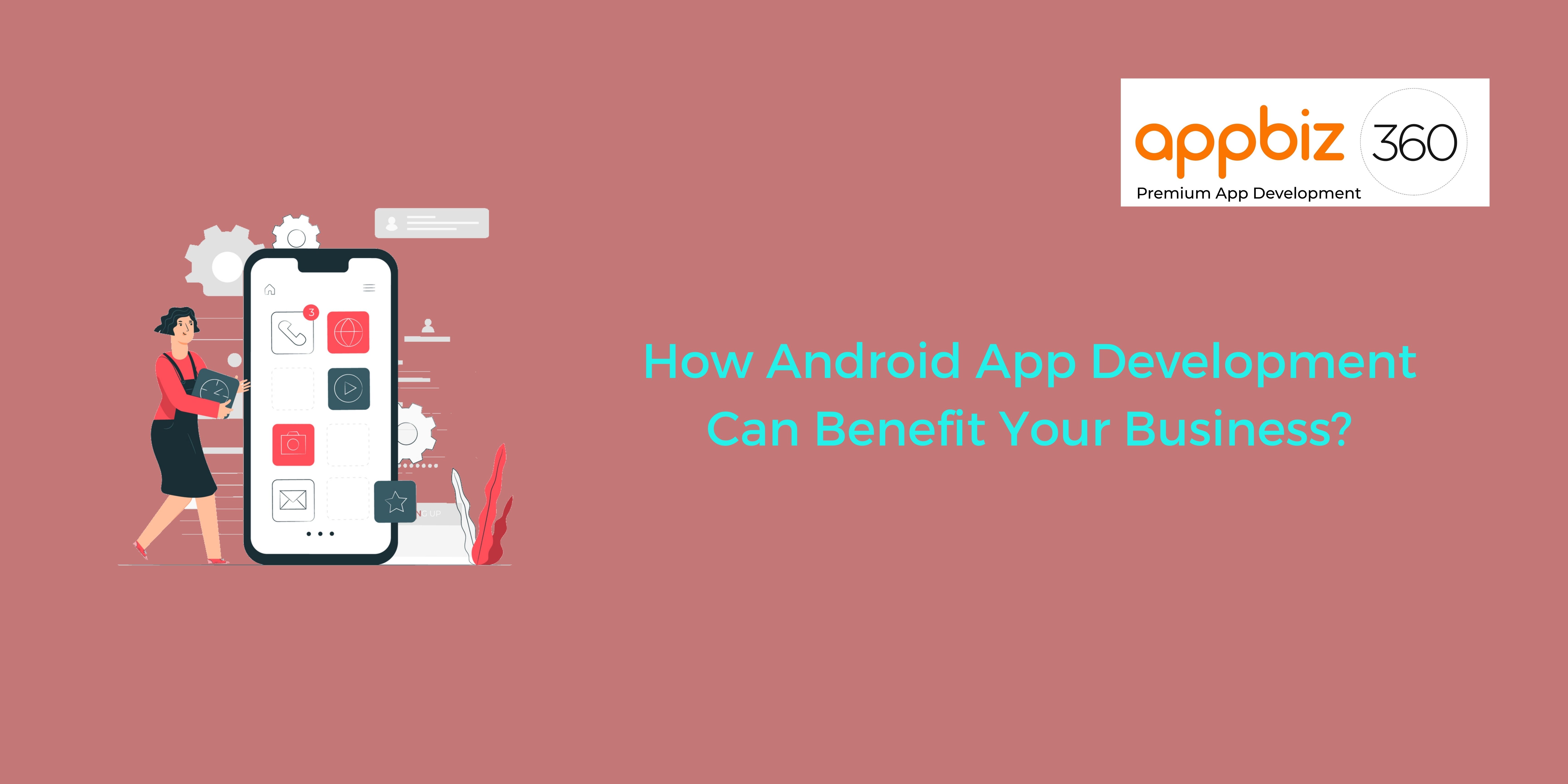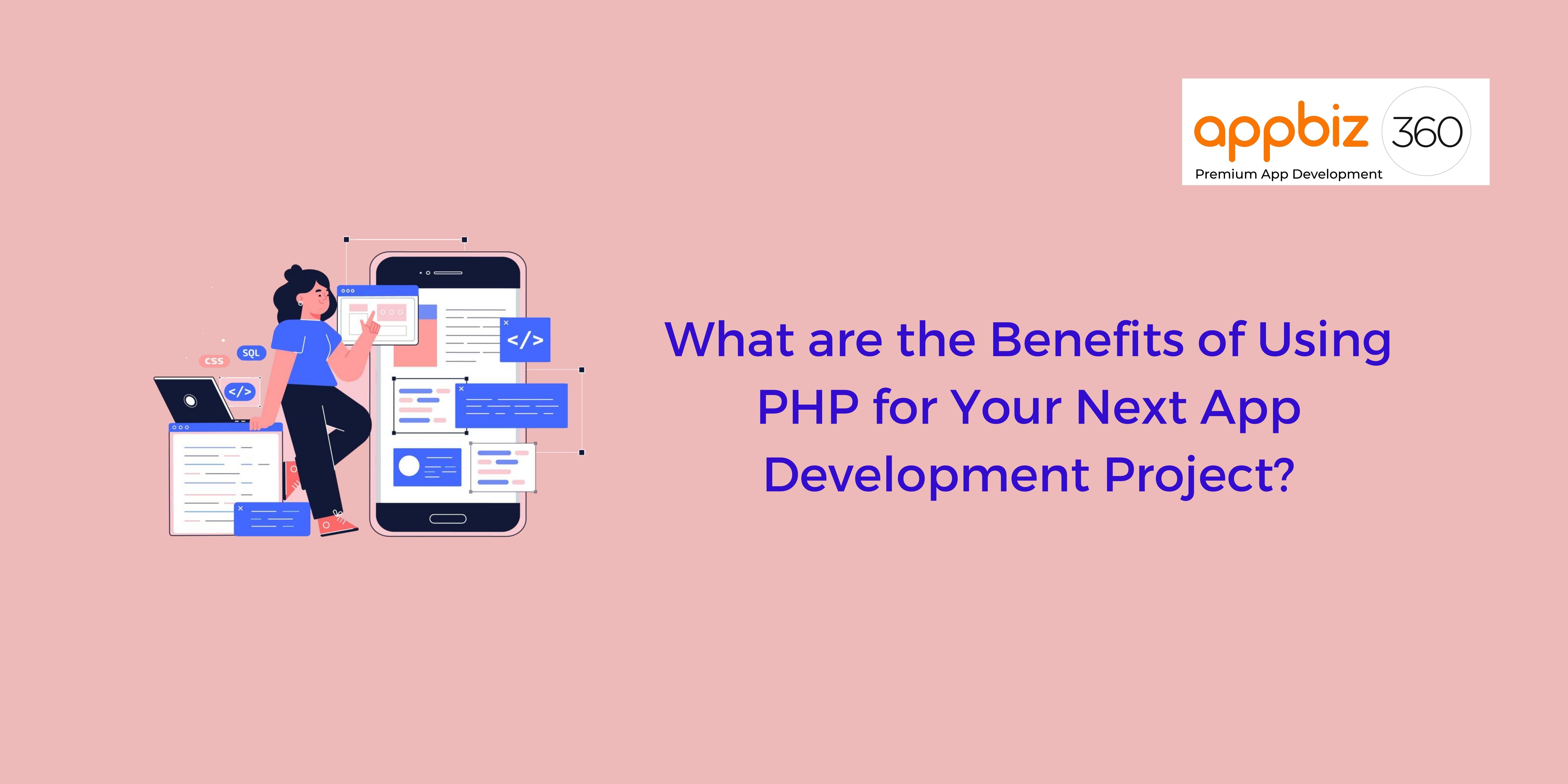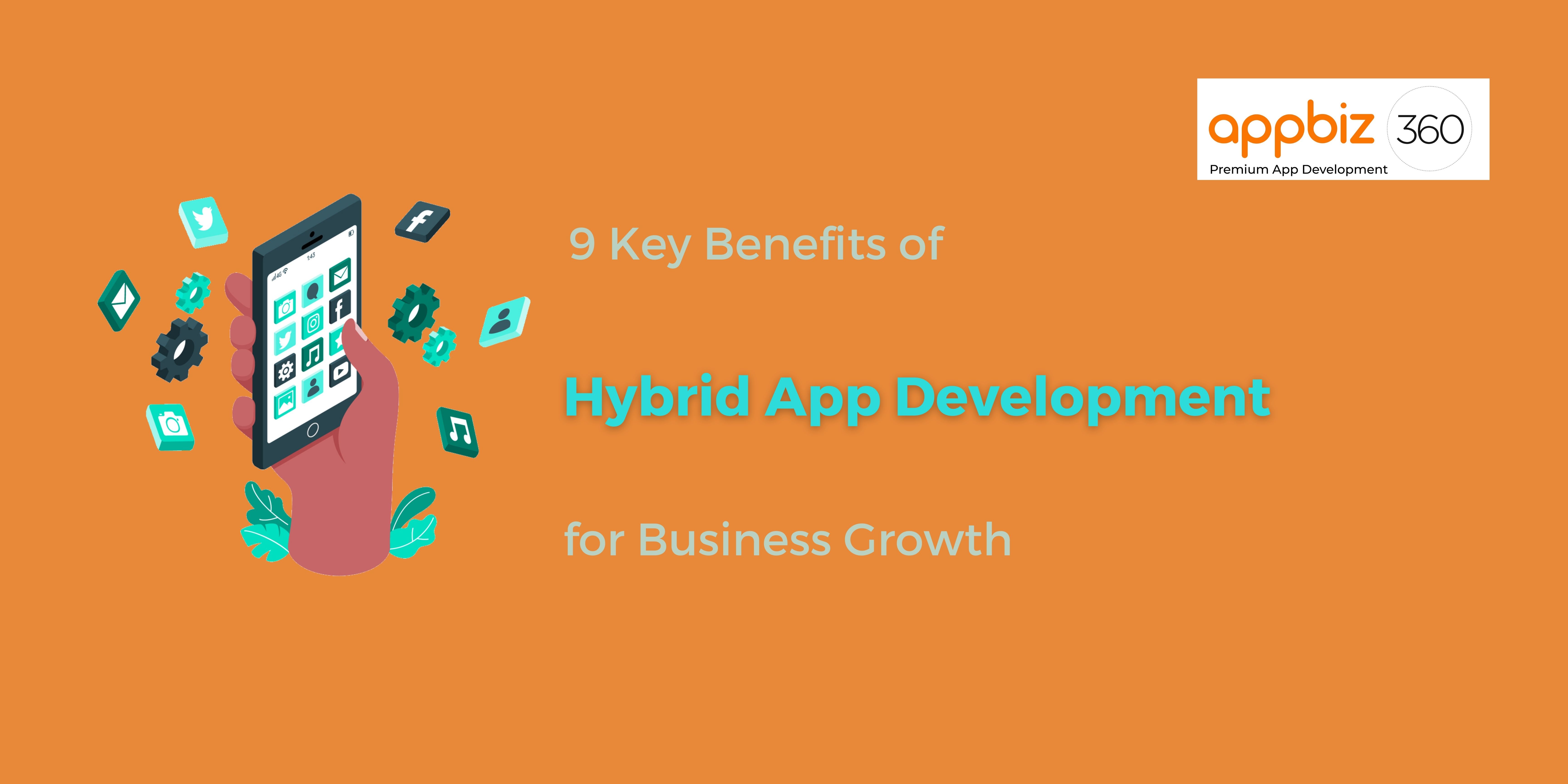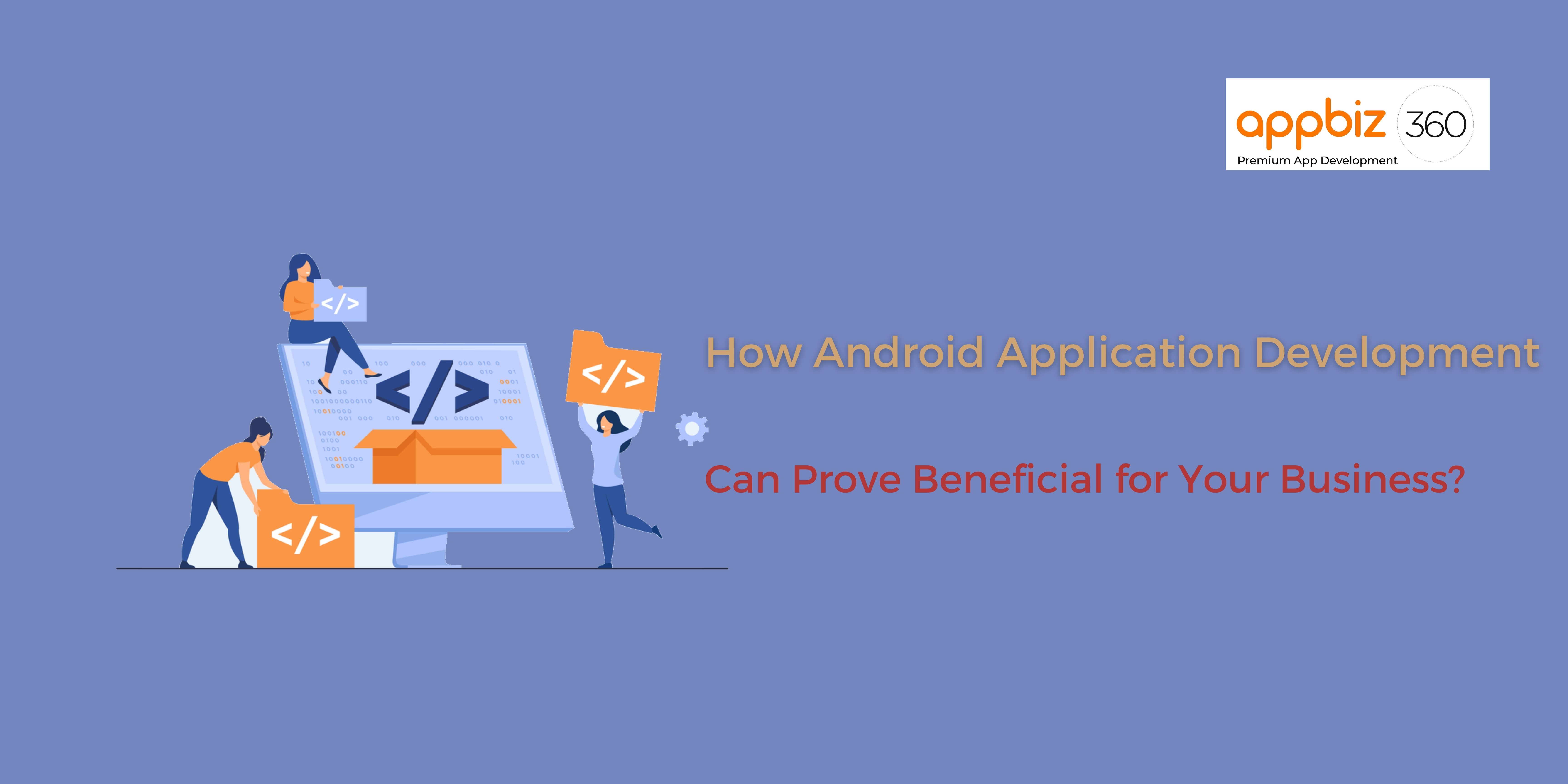Follow Us
Mobile App Development
10 Best Programming Languages for Mobile App Development
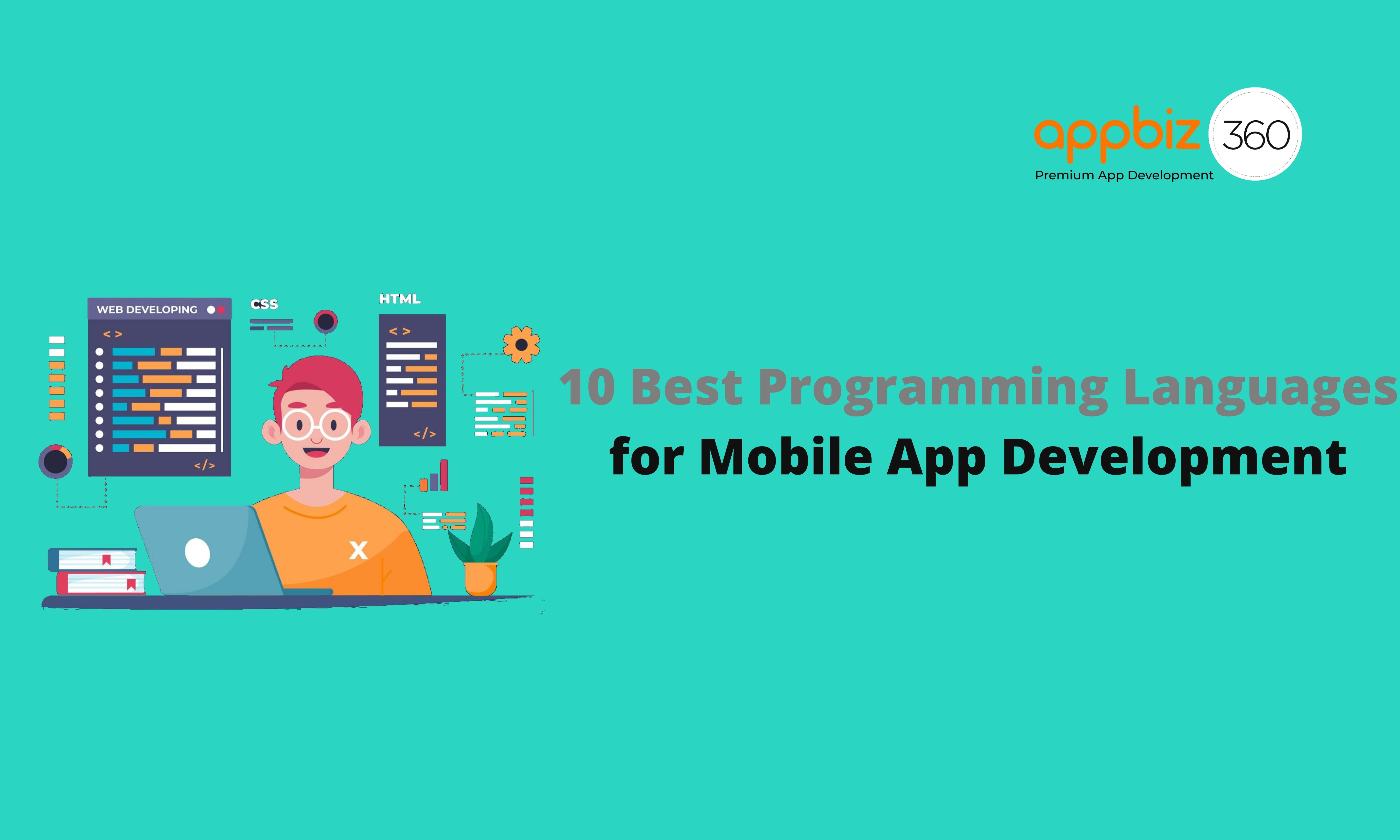
There is no doubt that the basis of mobile app development lies in the choice a developer makes when choosing the programming language. The process of mobile app development has truly evolved, even it has undergone a huge transformation.
No one has doubts over the future of mobile application development and diverse languages used to develop apps. The days where businesses could avoid mobile users are long gone. If your business has set the benchmark already, it should be mobile-ready by now. If it is not, then you are in a big problem.
So, are you ready to take the plunge to develop the mobile application to attract the user’s attention?
If you answer ‘yes’ to the question above, then you need to focus on picking the best technology and not to mention, the best programming language. When you implement the essentials – technology and programming language – what you get is a user-friendly, robust, feature-rich, and innovative mobile application.
In this blog, we have listed 10 ten best programming languages so you can pick the right one for your app and get started quickly.
- JavaScript
JavaScript is a multi-paradigm language that will stay relevant as long as people choose to use the internet. This language is deemed best when it comes to building a cross-platform app. Also, it is the right language for web browsing and other mobile applications used for diverse platforms.
Not only does it run seamlessly in other environments, but it can also be compiled from a wide range of programming languages. In fact, it is not really a language that’s mainly used for app development, but a language that is used to create web pages.
One of the major factors that makes developing a mobile app on this high-level programming language convenient is that a developer has to code the app only once. Also, it can be released on a number of platforms, including Android, iOS, and Windows.
- Python
Python – a high-level programming language – has found its extensive use in app development, web development, software development, machine learning, creating desktop GUIs (graphic user interfaces), and more.
Python – as a language – is simple, explicit, intricate but not complicated, and meticulously readable. As it is both easy to read and learn language, it has to be on your list. In fact, the language has great potential to be used when building apps (android and desktop) from square one.
As this language has a multitude of applications in real life, Python is currently the most preferred language at school. Instagram, Pinterest, and YouTube are the examples of this language. One of the biggest advantages of Python is it provides outstanding library support apart from providing robust integration and improved control capabilities. If you are a start-up looking to build an app, settle for no less than Python.
- Swift
Swift – considered the ‘programming language’ of the future – is the latest programming language to have finally made its way into the Apple ecosystem. And it is primarily in writing the code for Apple’s latest APIs (Application Programming Interfaces): Cocoa and Cocoa Touch.
Released for iOS, supporting systems, and Linux, Swift has emerged as the main language to be use in building Android app development. When it comes to developing iOS, Swift is the only available language. Although it works on Linux and is open source, it can be used by anyone.
- PHP
PHP is one of the most popular and recommended programming languages for mobile applications needing access to database. Being an open-source programming language, you won’t have a hard time learning this language as it is uncomplicated, making it an ideal language for novice with exceptionally seamless integration.
PHP is greatly preferred for content-heavy apps. Not only does it load rapidly (even with a slow internet connection, but it also comes equipped with built-in security features. This language was mainly created for websites. However, it serves in all-around development.
- Scala
One of the newest programming languages in the market, Scala is designed to tackle the problems faced by Java. Released as a general-purpose programming language, Scala provides excellent support for functional programming and object-oriented programming. Scala is equipped with the latest tools and libraries, which make it the most feasible for mobile app development.
- Ruby
Were you aware that you only need 10 minutes to build an application on Ruby? Quite impressive, isn’t it? It is the answer to why mobile app development services favor this language. Moreover, Ruby is one of the quickest growing languages. That is because it can easily support a wide array of platforms.
Ruby is a back-end object-oriented scripting language, which is primarily used in developing web applications, system utilities, standard libraries, and servers. Over the past few years, Ruby has advanced into a general-purpose and interpreted programming language. Airbnb, Bloomberg, Twitter, and Shopify are some of the renowned websites that have been developed using Ruby.
- Kotlin
Considered as an advanced version of Java by developers, Kotlin is a versatile and interoperable programming language that can overrule the limitations of Java without hassles. Its language is clear, brief, and a statistically typed programming language. It works similarly like Java and comes equipped with the latest features, which make it a great option.
Kotlin is undoubtedly the best language for apps and has the potential to influence other programming languages, including JAVA for developing robust, scalable, and high-performing apps. This language takes the best of Java and takes a step further when it comes to making it even better. One of the best things about Kotlin that developers really prefer is its ease of use and setup.
To begin with, Kotlin could be one of the simplest coding languages. That is because it is one of the flawless statically typed programming languages for developing apps. The documentation for Kotlin is very easy, fun, and detailed, making a great learning experience as you embark on your journey to coding languages for applications.
- Flutter
Developed as a mobile app SDK by Google, Flutter offers developers a simple and swift way for developing high-performance smartphone apps with effortless deployment on Android and iOS. Being essentially an app development framework, it leverages Dart – the coding language.
The library offered by Flutter consists of tools and UI widgets enabling developers to create immersive and visual app experience. Furthermore, you can personalize widgets to offer a branded experience within the mobile application.
The widgets assist in developing cross-platform mobile apps that function at par with native apps. It enables you to use the same code again as it is both on platforms: Android and iOS. The Hot Reload function can easily notice certain changes, which are done to code in real-time. This comes very handy when you are looking to make changes to any feature of the app. All you have to do is tweak the code and you can watch the changes in real-time.
- C#
Also known as ‘C Sharp’, C# is an object-oriented and multi-paradigm programming language. Developed by Microsoft, this general purpose programming language is simple to use and fast to deploy. Even though the Windows platform has not left a notable mark on mobile app development, C Sharp has proved to be the best language for the development of windows phone apps.
One of the most preferred programming languages, C# has huge potential and can be deployed in the creation of web services and server applications. In fact, C# is one of the finest languages used by developers when it comes to building games.
- React Native
What started as Facebook’s international hackathon project turned out to be one of the best and capable coding languages for cross-platform mobile app development? That signifies you can use React Native for developing just a single app, which can easily be deployed on both platforms – iOS and Android. Thus, it minimize the development task by half.
Some of the most popular apps like Airbnb, Facebook, and Uber have used React Native. It allows mobile application developers to write a section of code and have it reused on diverse platforms. After the deployment phase is executed, it effortlessly adapts to a number of platforms through detailing and stylizing elements. Moreover, it offers a plethora of pre-built components which are available in its open-source library. So you can use the pre-developed elements (uploaded to the library) to accelerate native app development.
One of the best things about React Native is it comes equipped with an easy UI and implementation order. It helps developers in making an application faster and more responsive. It is, in fact, quicker to load. In addition, it offers you a multitude of supporting React Native libraries which will make your job a lot easier.
Ever wondered how many times you use an app in a day? Several times, isn’t it? Maybe there is an application waiting for your touch of discovery in your app store for every possible need you have. Thus, it comes as no surprise that the demand for mobile applications has tremendously increased ever since the smartphone was brought to life decades ago.
Latest Posts
appbiz360 NEWSFEED
Sign up for the appbiz360 newsfeed by adding your email address in the form below:












